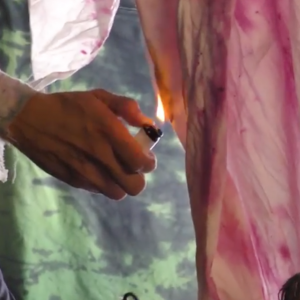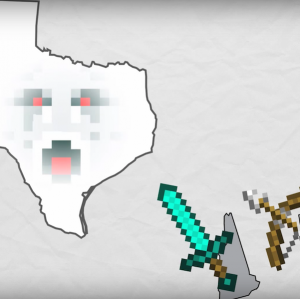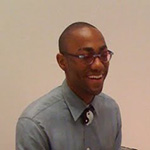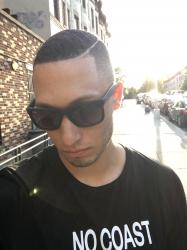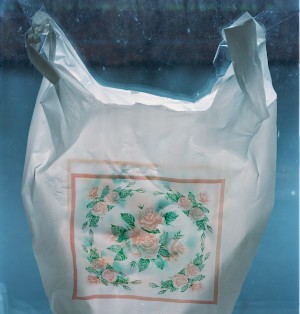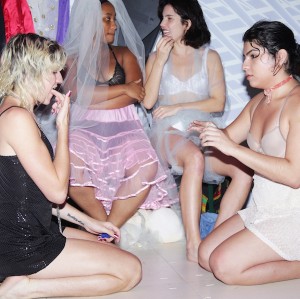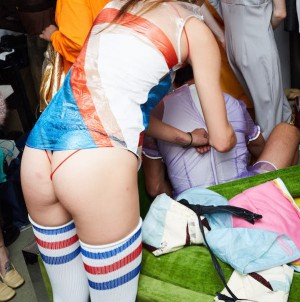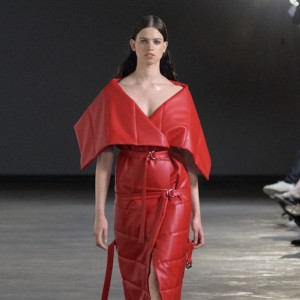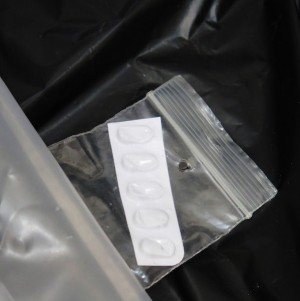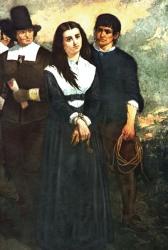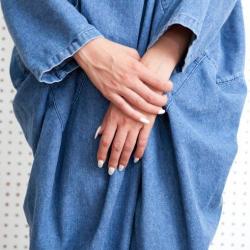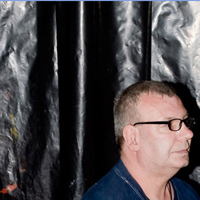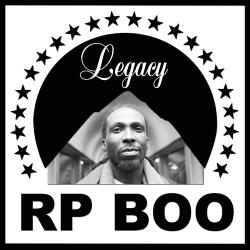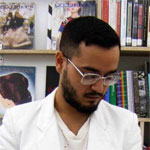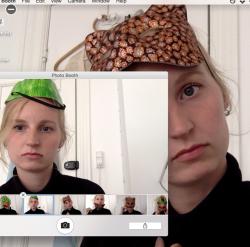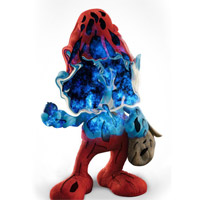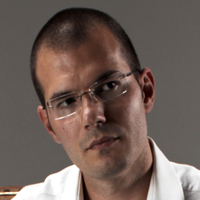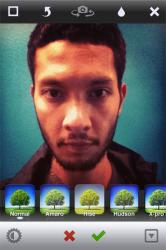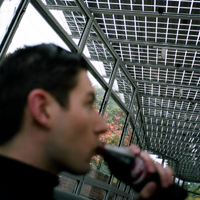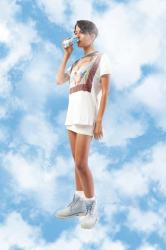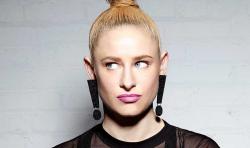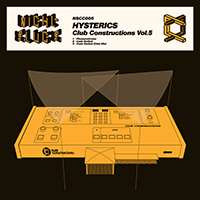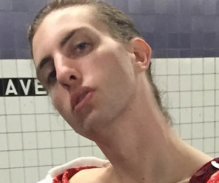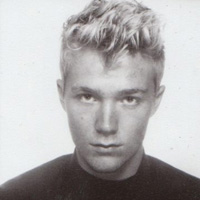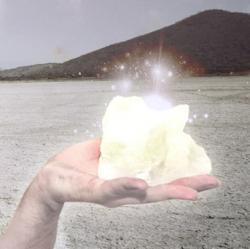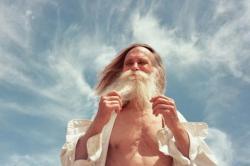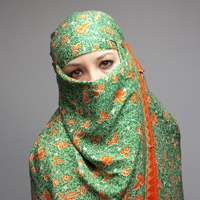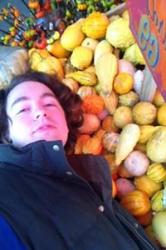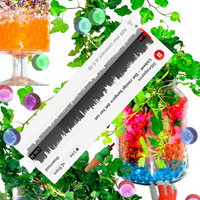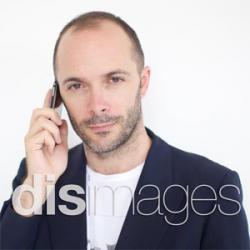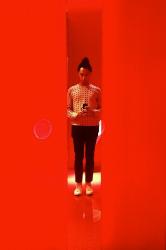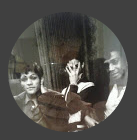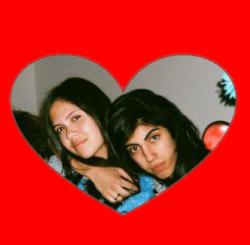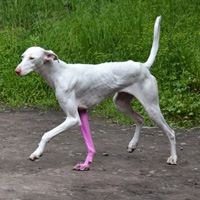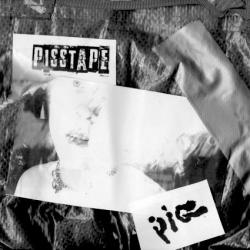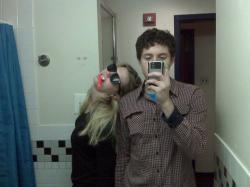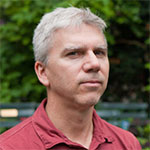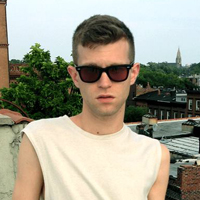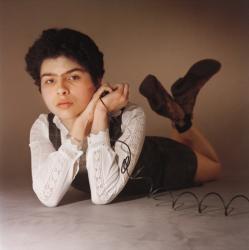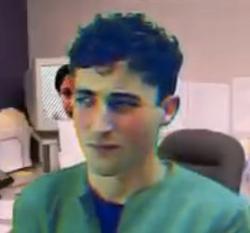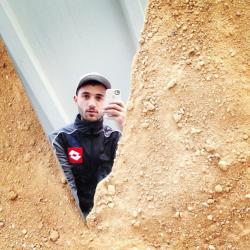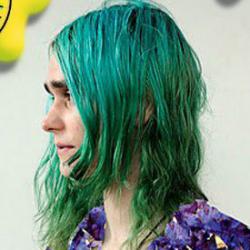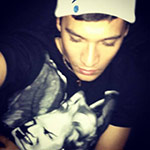Lafayette Anticipation associate curator Anna Colin talks to artist Tyler Coburn about Ergonomic Futures, a speculative project engaged with art, design, science, anthropology and writing. In this interview, Coburn discusses the research, production process and network of collaborators of a multilayered project ultimately concerned with the futures of humankind. Anna Colin: When one comes across your museum seats Ergonomic Futures (2016—) in contemporary art exhibitions—and soon in natural history, fine art, and anthropology museums—they look… [read more »]
“God is a lesbian”: DISmiss presents Zanele Muholi
In South Africa, approximately 500,000 rapes, murders and beatings are committed against women every year.1 Many of these are carried out against black lesbian women, including hate crimes and practices of ‘corrective rape’.2 Zanele Muholi is a South African visual activist and creator of Inkanyiso, an activist platform that exposes the realities of black LGBTI individuals in South Africa.
This month, she’s in New York as part of Brooklyn Museum’s Isibonelo/Evidence show, travelling with three of her friends and collaborators featured in the exhibition. Pastor Zenzi Zungu is an out/ordained pastor, educator and founder of VMCI, a church for LGBTI and gay friendly individuals in Durban. Magesh Zungu is her life partner and Terra Dick is a young filmmaker and activist currently living in Cape Town. I sat down with them in their NY airbnb while Magesh cooked a delicious South African dish for everyone. Here is a condensed version of our 2-hour discussion about everything from the South African Constitution to sexual creativity.
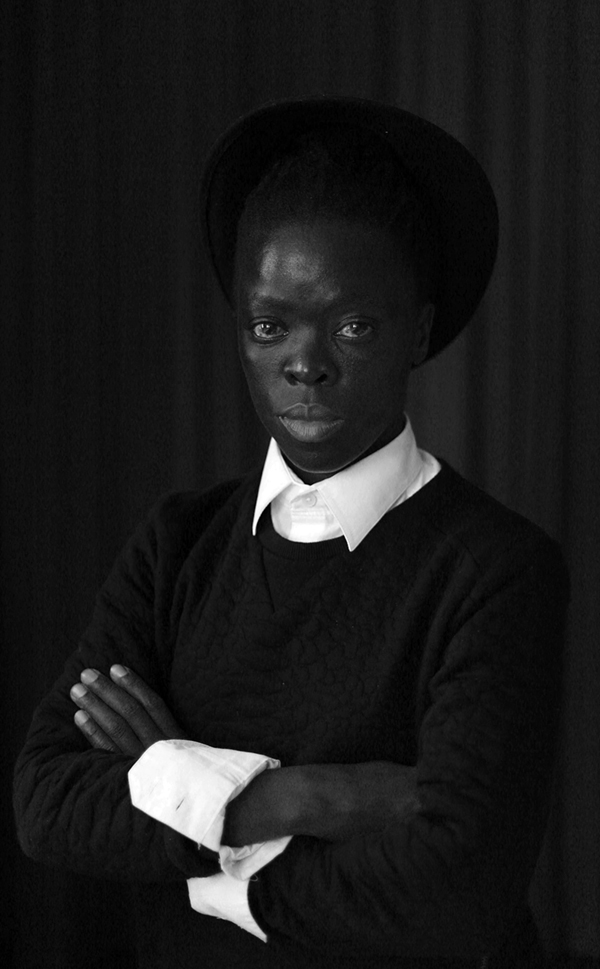
Zanele Muholi
Agustina Zegers: What brings you to New York and what are you working on at Brooklyn Museum and beyond?
Zanele Muholi: I have images that are part of the Isibonelo/Evidence show that feature one of the weddings that Pastor Zungu blessed. I will also be having a performance and sharing the space with some of the people I photograph. It’s one thing for people to come to museums and see images mounted on the walls, but they can’t imagine that these people are real. We’re talking about human beings, real people. If museum visitors have any questions, they can speak to these individuals. I don’t like to speak for them.
AZ: Is this how you generally approach your activist work?
ZM: Well, what I’m trying to do is come up with a setup in which people embrace difference. Activism isn’t only about holding a sign. You have spiritual activists like the pastor, his wife, and many other people at the church who are helping others come out and express themselves. So when we talk about activism we shouldn’t be limited. The fact that I have Pastor Zungu here with me, who is the leader of the church and our lesbian/queer icon, means a lot to me.
I reached a point in my life where I realized that complaining and saying that people aren’t including me in their agenda is an impediment. If there are no images in the newspapers that speak to you, or that have images of people that you love, you have to produce them. I personally use visuals to articulate many issues and those visuals are of human beings who are history makers in South Africa. These people are saving a lot of souls in places where people are shunned by their own families, excluded from their own churches and desperate to articulate their spiritual selves. I want Pastor Zungu to speak beyond his own secluded space. I’ve been working with the church since December 2012 and I’ve been observing how Pastor Zungu is doing his work and respect that. It’s one thing to document gay pride, but it’s something else to bring a different kind of spiritual element to our lives.
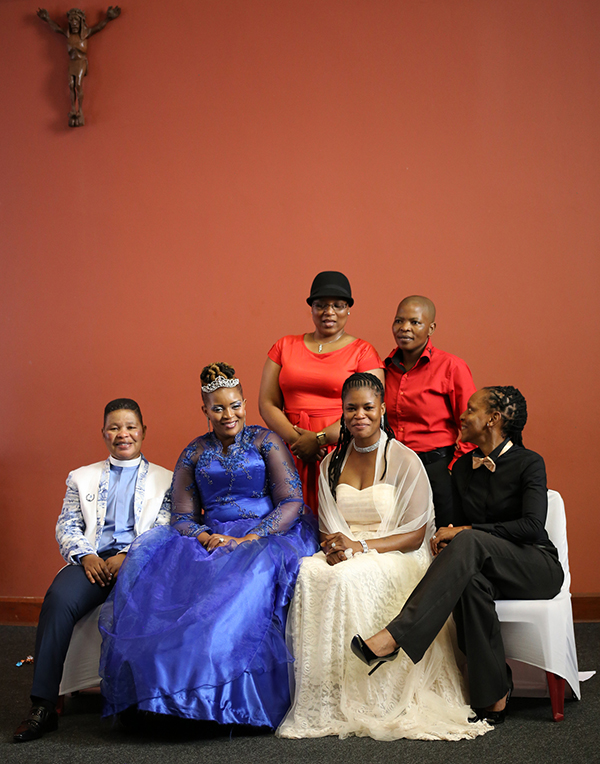
Pastor Zungu (far left) and wife MaGesh (femme in royal blue dress). They have 2 children. Photo by Zanele Muholi.
Terra Dick: I think that the Zungu family has done a very good thing because it’s the only church that is accommodating to lesbians and is gay friendly in South Africa. There’s no such thing in Cape Town. Lesbians in Cape Town suffer because they can’t go to church. They let go of god because they’re chased away.
ZM: Some of us come from families where we were born and baptized by homophobic parents. But when lesbians die, homophobic families still need someone to bless their souls when they’re parting. That’s why the Pastor in particular is so important to me. We’re not a pride only kind of family. We’re not. We are beyond just pride. The South African Constitution has 16 elements and one of them touches on religion. Have you read the South African Constitution?
AZ: No.
ZM: You need to have it for any other queer interviews as a point of reference. It will help you and many others to get some context and understand why we have to do things the way we’re doing them. Especially the Bill of Rights clause 9, or section 9, amended May 1996. Next month we’ll be celebrating 19 years of the South African Constitution.
*Chapter 2, Clause 9, Section 3 of the South African Constitution: “The state may not unfairly discriminate directly or indirectly against anyone on one or more grounds, including race, gender, sex, pregnancy, marital status, ethnic or social origin, colour, sexual orientation, age, disability, religion, conscience, belief, culture, language and birth.”
AZ: But even with these amendments, it does seem like you’re working in a really closed environment. Having this church functioning so openly must be difficult…
Magesh Zungu: We have a functioning church, but we can’t get any help from the government like other churches. Other pastors from straight churches are getting paid but my husband, she’s not getting anything. We are even struggling for our own building because the rent must come from our pockets. Some of the churches are also against us. We’re still struggling for them to understand us.
Pastor Zenzi Zungu: It’s not easy at all. But as you know, this is our life and I don’t want to hide it. I know many lesbians and gays that are hiding in churches.
MZ: Hiding in straight churches… we are a gay friendly church and we allow anyone to come in. We have a lot of children and youths because at home, when they find out that you are gay or lesbian, parents chase you away and they don’t do anything for you. Most of our church members aren’t working because of that. There’s still a lot of struggle.
PZZ: Those people know that once they come out of the closet they’ll be treated badly. They were always in the closet until I came and stood up for the community. I had just come out of the closet, I stood up as a lesbian and I preached the gospel perfectly. At that point, people started to understand that we’re just like everybody in South Africa and one by one, people came out of the closet together. Now there are more than 200 people.
MZ: 300 now
ZM: We also have to figure out a way to have a concrete structure. Within the church, we need to have a library, a medical center, a home for kids. We want to create a space that speaks to us, a place where we feel safe. We have this responsibility.
MZ: It will happen and I think now it’s about to happen. We need a medical center where we can have doctors that understand us.
ZM: Doctors that understand and respect our bodies. We’re at an age where just going to a doctor, even a dentist, is difficult. Opening my mouth in front of a person who’s homophobic is a mission. I have a cyst in my breast, and it’s an issue just thinking about a doctor touching me without understanding my body. The female anatomy doesn’t speak the same language. If you sleep with women, you still have to explain to a young doctor when you last slept with a man. Sometimes you have to explain that you did not sleep with a man but that you were raped by one. It brings flashbacks and anger, you’re taken aback. Magesh keeps on stressing the need for doctors that understand our bodies and are not homophobic.
AZ: Going back to your photographic work, and talking about phases or transitions specifically (in relation to your book Faces and Phases), do you think photography can help personal development, in stages of transformation?
ZM: If you love yourself, yes. It could help you develop a sense of calmness, and sometimes it could freak you out. There are parts of us that we don’t want to confront. There’s a me that I might not be connected with, and there comes a point where self-loving is key. There are people who just don’t see how images could help them heal. I treat photography as a way of healing because I have to love myself. Nobody will do that job for me. There are insecurities that we deal with, moments where I look at the image of myself and ask myself “who is this?” And then there are moments where I love myself. Nobody’s getting paid to love me so, yeah, I think photography could really help people to deal with themselves.
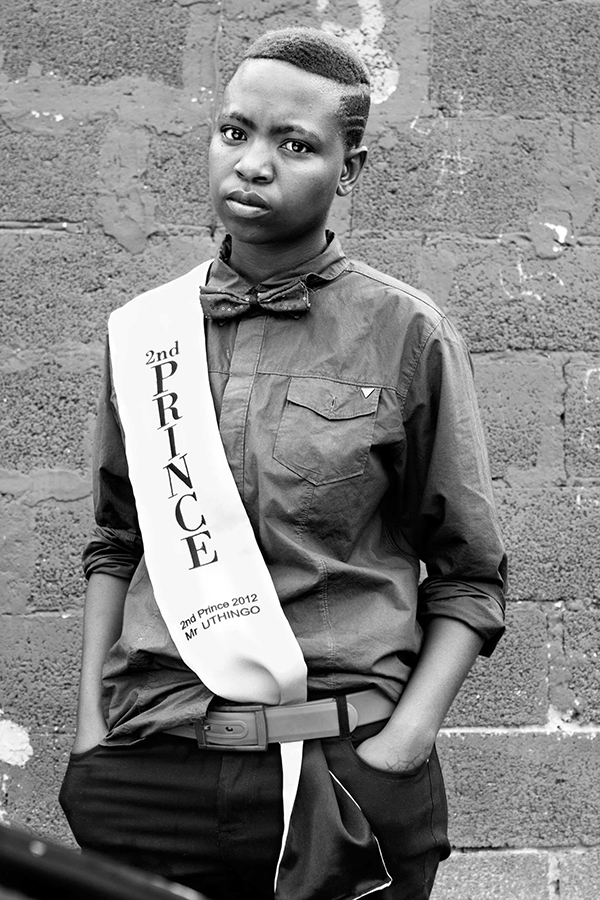
Collen Mfazwe. August House, Johannesburg. From the Series Faces and Phases, by Zanele Muholi, 2012.

Puleng Mahlati, Embekweni, Paarl from the series Faces and Phases, by Zanele Muholi, 2009
AZ: Do you think selfies can be healing in the same way?
TD: I think when you take a selfie, it allows you to understand yourself. You keep looking at it and falling in love, knowing yourself. You’re trying to confront the inner you in that picture. I can’t speak for those who don’t like to do that, but my girlfriend and I, we love to take selfies. I love to take intimate pictures.
AZ: Zanele, your work really explores intimacy. But I also think it’s tricky with photography because it can make something that’s close seem really distant. Could you talk about how you approach intimacy?
ZM: Well, I’m an intimate being, I believe in love and I appreciate seeing loving beings. I respect it, especially if it’s queer, because there are no prescriptions. We don’t have guidelines on how to make love to same sex partners which makes me believe that lesbian love is real because we get to be creative. That’s why I want to bring that intimacy as part of my calling. [laughs] Every lesbian is an artist!
MZ: We need to be creative!
ZM: For straight people, you know what to do and you’re prepared. When you’re coming of age, your parents advise you, they tell you how you should act. For us, you have to sit down a woman and say “Baby, baby hold on… that’s not how it’s gonna happen.” [laughs]
AZ: Well, and with Inkanyiso you’re creating a platform that shares information about that. It’s so true, in heteronormative relationships, you have guidelines, and it’s really important to have access to that information for other types of relationships…
ZM: When you share that information though, people act like you’ve committed a crime. Honestly, I have a video where lesbians are making love. It happens to be Terra and her girlfriend. For me there’s nothing shocking about that… everyone who loves a woman needs to make love. We have to make sure that we reach that level of understanding and satisfaction and indulge accordingly. We need to embrace difference and embrace each other. That’s intimate on its own.
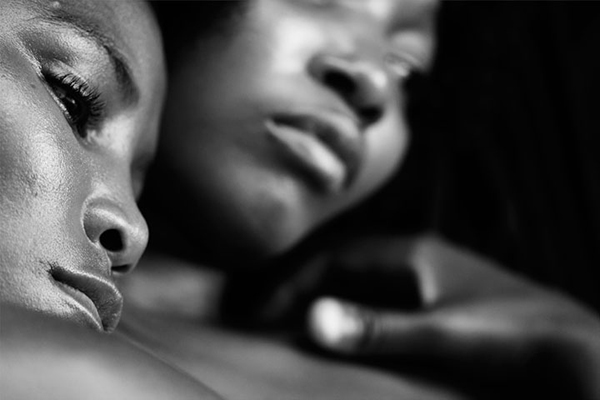
Terra Dick and her girlfriend, photo by Zanele Muholi.

Terra Dick and her girlfriend, photo by Zanele Muholi
AZ: What was it like to grow up as lesbians in South Africa?
PZZ: Before I came out of the closet as the leader of the church, I went through a lot. Especially with people who didn’t understand me in the community. Those are the things that helped me become brave and stand up for my life. When I think back, I didn’t work for 10 years just because I’m a lesbian. It was before Mandela was released. I suffered for 10 years because of who I am, and I just told myself that I would be happy as long as any school took me as a lesbian, without hiding anything.
After 2009, a school hired me knowing that I’m a lesbian. I was dressed in the same way as when I stand in the church and preach. I didn’t hide anything. Today, the principal, the staff, the kids at school, the community around me, they love me and I’m happy at that school. They know I’m a pastor and a teacher. They respect me in the community.
TD: I could speak about that on my behalf. When I was growing up, my mom wasn’t around. The only person I could speak to was god. I was born a lesbian and I started having crushes on girls when I was 8 years old. I didn’t understand who I was at that age, so I didn’t mind at all, because I felt love. But there was this little part of love that was missing, and it made me angry for many years. I was angry at my mother for many years. Now I’m growing up and I’m opening my mind about whatever she did, about her not being there. I released that anger. Homophobic parents, they don’t understand us because they don’t talk to us. They just judge us and listen to the outside community, to what other mothers are saying about us, and that’s wrong. They’re going outside to understand you, rather than sitting with you here, inside, to understand you.

Lebo Ntladi, New Town, Johannesburg. From the series Faces and Phases, by Zanele Muholi, 2013.

Charmain Carrol, Parktown, Johannesburg. From the series Faces and Phases, by Zanele Muholi, 2013.
MZ: Those children out there, who are still struggling with their lives, their sexuality, the only thing that I can say to then is that those scars that they have inside, one day they will become their stars. They will count them one by one and they will see how blessed they are. I can see it happening in my life. Everything that went wrong when I came out, all the pain that I went through, I’m glad that it happened because it led me to where I am today and I’m happy.
AZ: Thank you so much for sharing.
MZ: I also just wanted to say that I’m so happy to have people like Zanele Muholi. Her pictures made me realize how beautiful I am and the job that we’re doing for the gay community. When I’m sitting looking at those pictures, I’m very proud of myself. I can look back and see that history. I’m so happy she’s taking pictures of the church, and here we are today because of Inkanyiso. And I don’t think that if I was straight I could be where I am today. I think that god, she made me a lesbian…
ZM: God is a lesbian. My friend from Durban said god is a lesbian. Did you read that poem on Inkanyiso?
1. https://www.actionaid.org.uk/sites/default/files/doc_lib/correctiveraperep_final.pdf ↩
2. http://harvardpolitics.com/world/south-africas-corrective-rape-problem/ ↩


